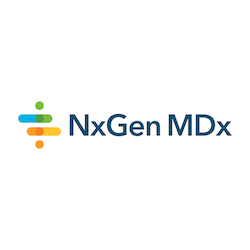Dive Brief:
- Cleveland Clinic finished the quarter ended Sept. 30 on a high note, growing its operating income more than 375% year over year to total $206.2 million.
- Total revenue climbed to $4.5 billion, fueled largely by higher patient volumes, strong demand for outpatient services and favorable Medicare Advantage delegated premium and risk agreements that took effect at the beginning of the year.
- Still, like many of its peers, the Ohio-based academic medical center is contending with rising costs. Operating expenses rose 10.2% year over year to total $4.1 billion as inflation and higher patient volumes pushed up spending on labor and pharmaceuticals.
Dive Insight:
Inpatient admissions increased 2.1%, patient days rose 3.4% and surgical cases grew 4% year over year. Emergency department visits held essentially flat, but outpatient encounters continued to climb, contributing to an improved case mix.
Cleveland Clinic also entered into two-year delegated-risk agreements with two national Medicare Advantage insurers, which provides the system responsibility for care coordination and population health management for certain MA members.
Under the agreement, insurers pass a percentage of the premium they receive from the CMS to the Clinic as “Delegated Premium,” which the system uses to cover medical costs and related administrative activities. If medical claims come in below the delegated premium, the Clinic and insurers split the proceeds — if they exceed it, both share the costs. Cleveland Clinic reports the agreement has, thus far, been a revenue driver for the organization.
Both higher volumes and the new agreements have helped offset rising costs. Management wrote in a financial report that personnel cost growth has stabilized compared to years prior, however, labor costs are still the organization’s largest expense bucket, running Cleveland Clinic $2.3 billion for the quarter.
“The System continues to implement cost reduction and efficiency initiatives to appropriately capture the scale-synergy opportunities across its global enterprise and to develop a lean cost structure that is aligned with patients served,” management wrote.
Cleveland Clinic is the latest nonprofit health system to call out expense management as a priority. CommonSpirit Health and Kaiser Permanente both pointed to cost pressures in their own earnings results, released earlier this month. Comparatively more troubled CommonSpirit has embarked on an organization-wide transformation project to help address rising costs.
Cleveland Clinic ended the quarter with $1.1 billion in cash and cash equivalents and $5.1 billion in long-term debt.













